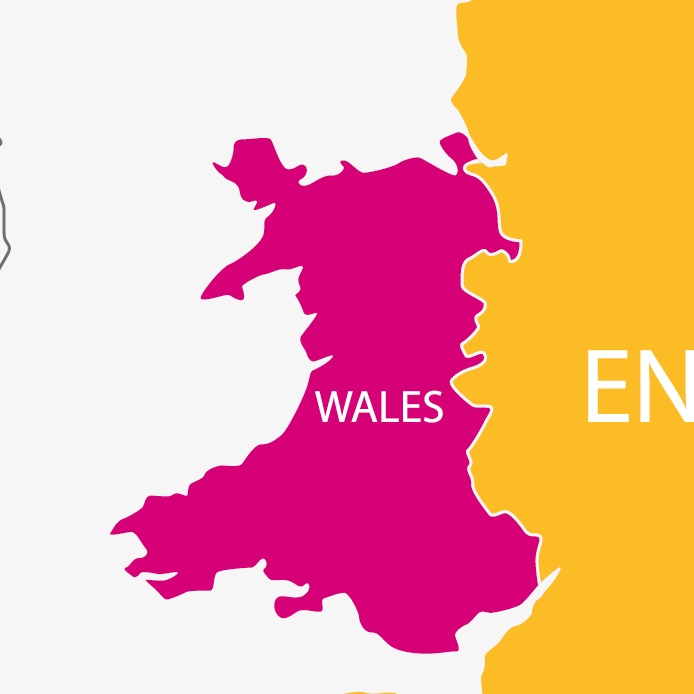Information on Cookies
To make the best use of our website, you'll need to make sure your web browser is set to accept cookies to ensure you receive the best experience.
For further information, please read our Cookies Policy.

Log In

Ministerial statement on Review of the Health Protection (Coronavirus Restriction) (No.5) (Wales) Regulations 2020:
The Health Protection (Coronavirus Restrictions) (No. 5) (Wales) Regulations 2020 require a review of the coronavirus restrictions is undertaken every three weeks. The most recent review was due by 8 October.
Overall cases of COVID-19 in Wales have fallen to around 500 cases per 100,000 people from a peak of 650 cases per 100,000 at 23 September 2021. The number of people in hospital with confirmed and suspected Covid-19 is stable, although the NHS and social care remains under intense pressure as a result of a combination of pandemic and winter pressures.
The advice we have from our scientific and medical advisers is that we continue to have high case rates but the levels of harm have been reduced by vaccination and are currently stable.
We have carefully reviewed the public health situation – Wales will remain at alert level zero for the next three weeks.
It appears the delta wave has peaked in Wales and cases are beginning to decline, however, infections remain high in all parts of the nation and the pandemic is not over. It is important that we all take steps to protect ourselves and our loved ones.
Our best defence continues to be vaccination. It is never too later to be vaccinated in Wales and I would urge everyone to take up their offer for vaccination.
We can also keep Wales safe and open by getting a test if we have symptoms of coronavirus and self-isolating if the test is positive; meeting others outdoors wherever possible and keeping indoor areas well ventilated; keeping our distance when we can; washing our hands regularly; wearing a face covering in indoor public places and on public transport and working from home whenever possible.
There will be no substantial changes to the alert level zero measures in this three-week cycle, beyond the mandatory use of the Covid Pass for all adults over 18 for entry to certain venues and events from October 18.
The Covid Pass will be required for entry to:
- Nightclubs and similar venues
- Indoor, non-seated venues for more than 500 people
- Outdoor, non-seated venues for more than 4,000 people
- All events for more than 10,000 people.
We will make a number of technical amendments to the regulations to:
- Clarify a person may leave isolation to prevent illness, injury or other risk of harm to another person or to move to a different place to live to prevent illness to another person;
- To make clear, for the purpose of the General Data Protection Regulation (GDPR), the basis on which contact tracers may access information about a person’s vaccination status;
- To clarify people participating in a religious service in premises ordinarily used as a place of worship are considered to be seated for the purposes of regulation 16A(1) of the principal Regulations (COVID-pass requirements). In practice this means that those requirements don’t apply to any religious service held in premises ordinarily used as a place of worship;
- To provide consistency with the International Travel Regulations by adding additional countries to the list of acceptable vaccinations for the purposes of the Covid Pass;
- To clarify regulation 57(9) of the principal Regulations, which makes provision in relation to when a gathering or event is not to be treated as being “outdoors”, applies to all gatherings and events; and
- To omit the spent transitional provision at regulation 10A.
We are issuing updated care home visiting guidance, to make it easier for people to visit family members and friends.
We are also publishing an updated Coronavirus Control Plan, which complements the wider planning across public services for the winter period, including in the NHS and social care. A winter plan for the NHS will be published later this month.
